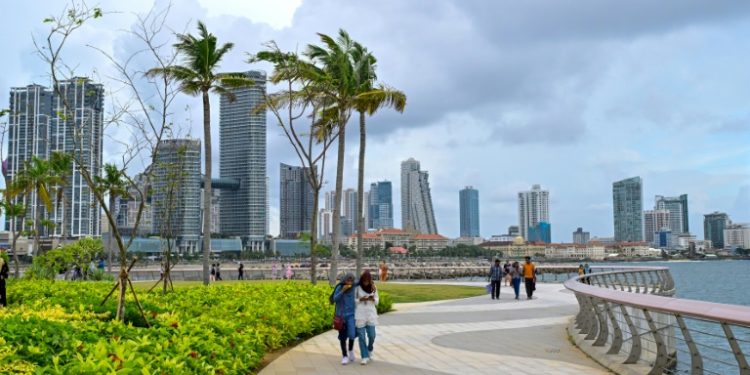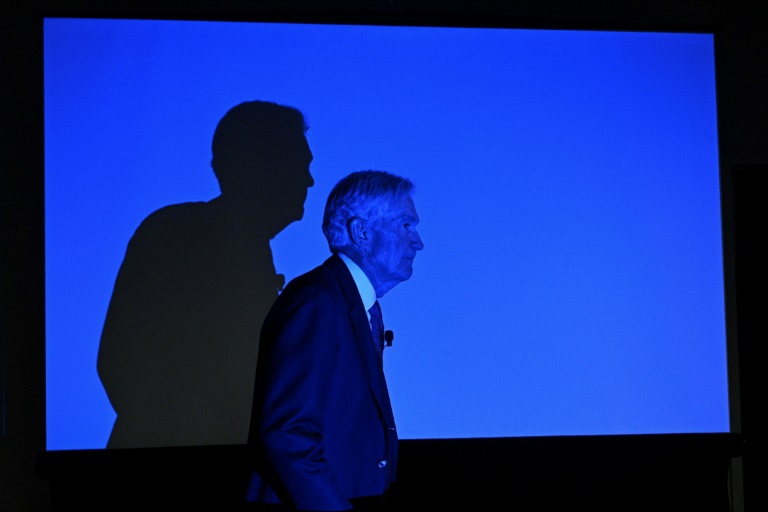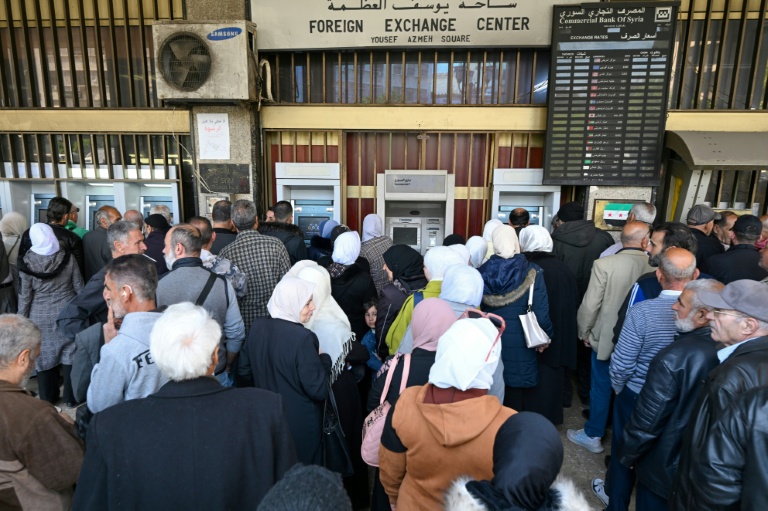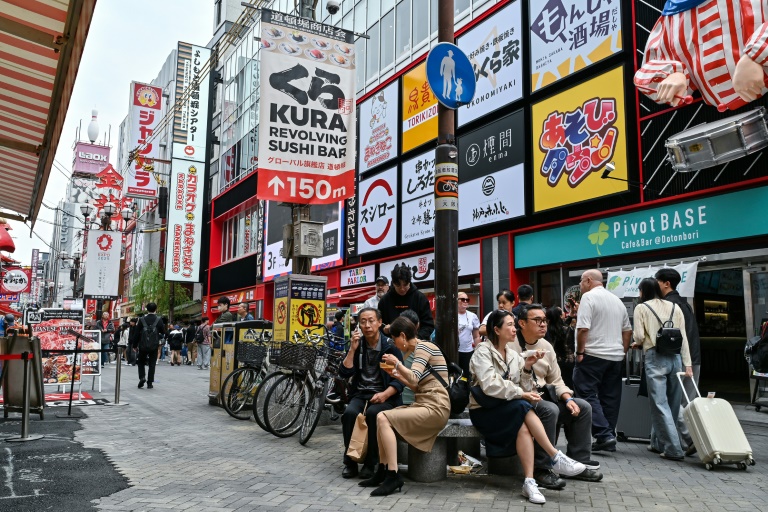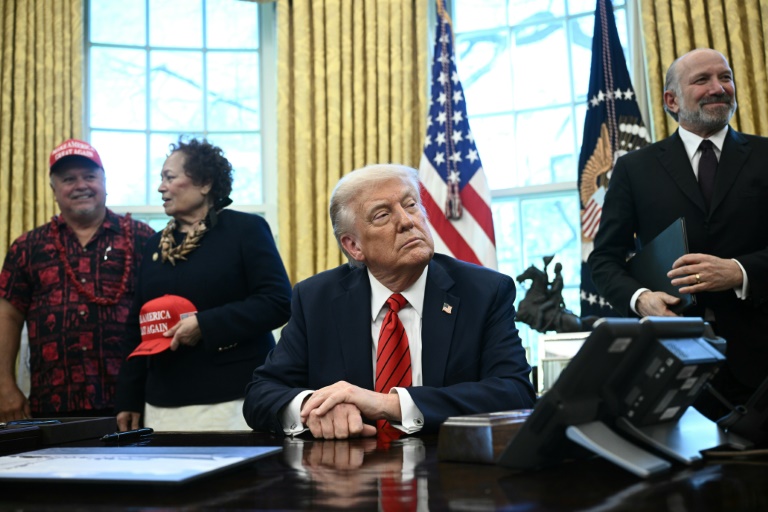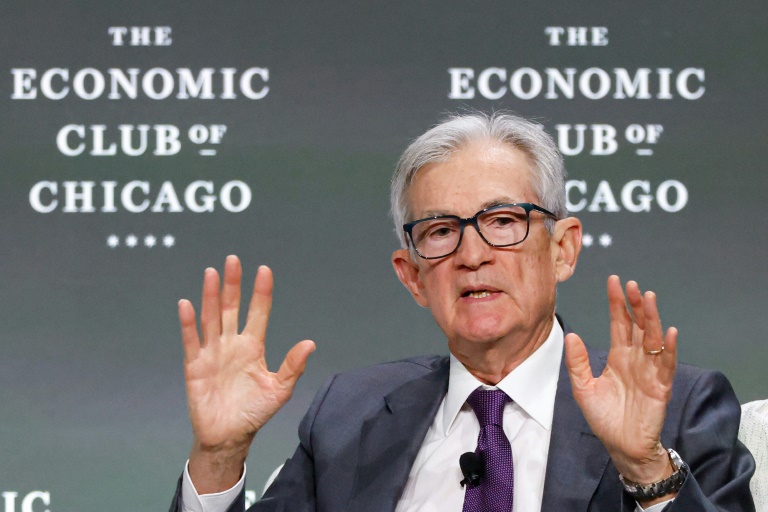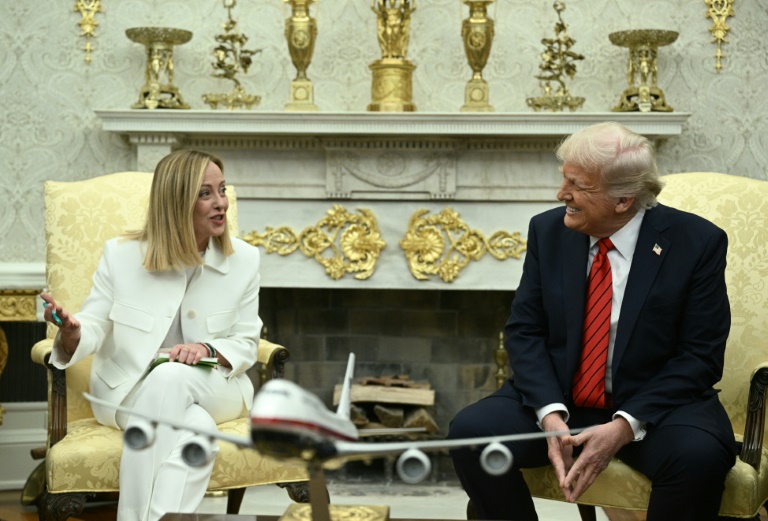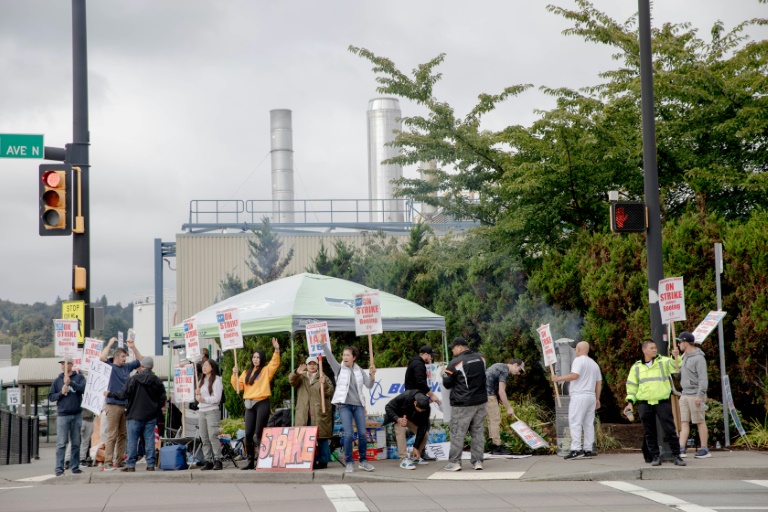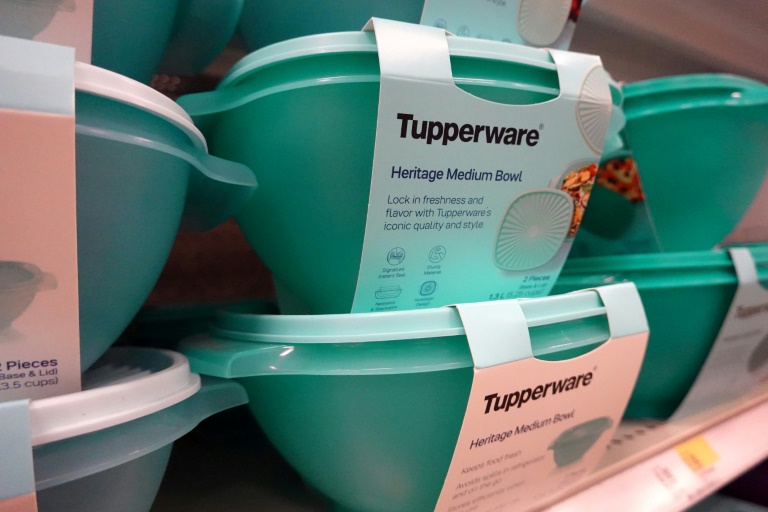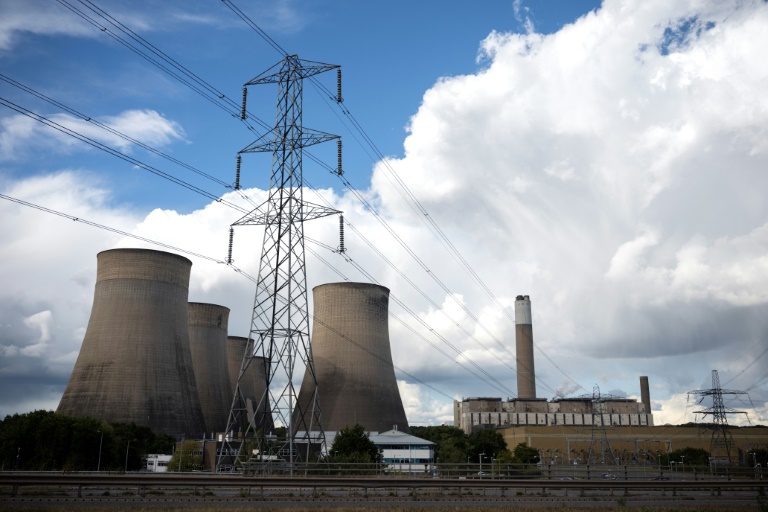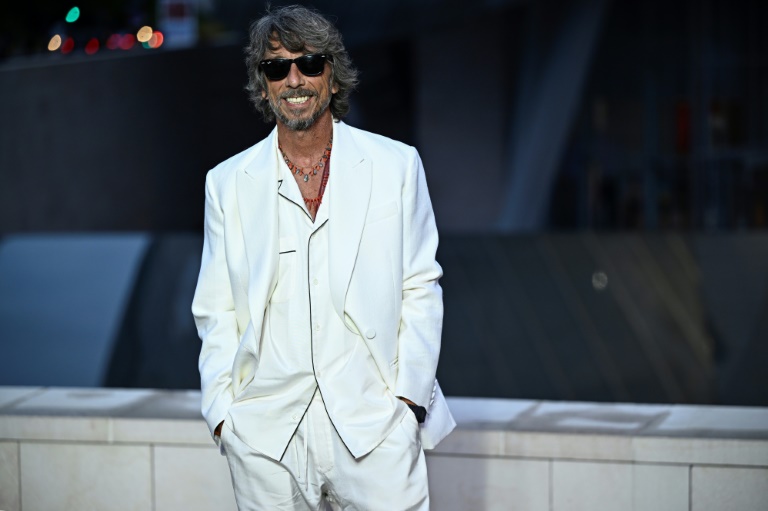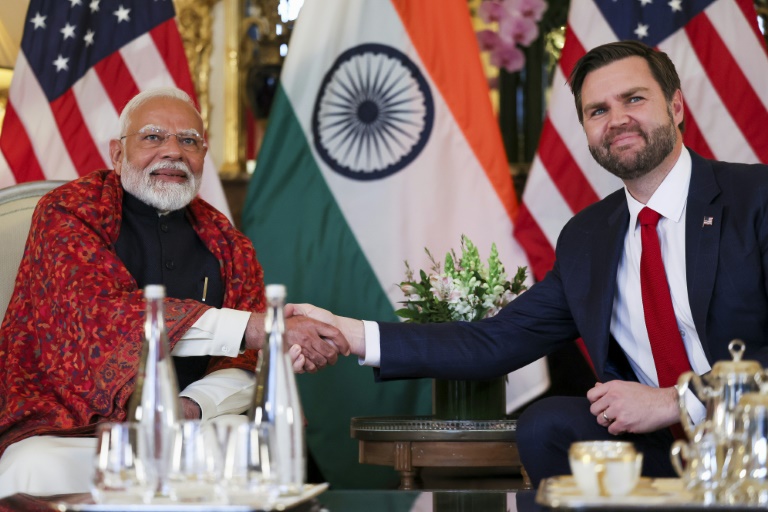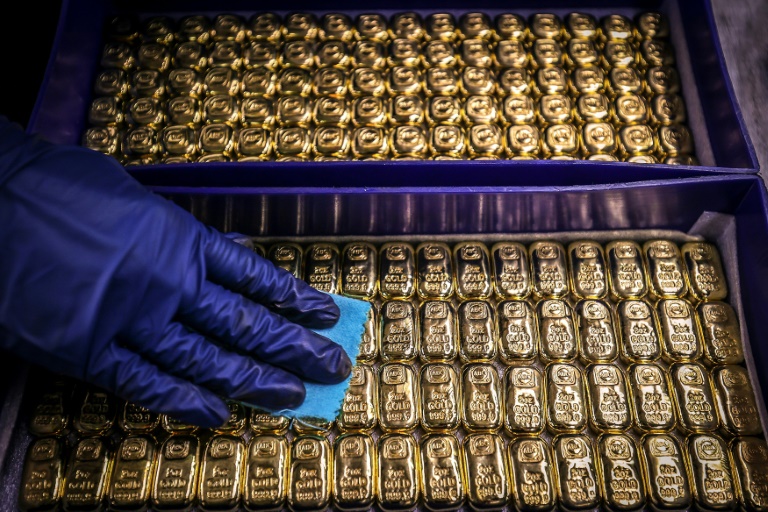Colombo (AFP) – Sri Lanka’s economic collapse was partly blamed on struggling high-debt Chinese mega-projects, but candidates in Saturday’s presidential election are banking on at least one of them to buck the trend. The strategically located Indian Ocean country suffered its worst financial meltdown in 2022, when it ran out of dollars to import essentials, sparking street protests that toppled the then-president Gotabaya Rajapaksa.
When the island nation plunged into chaos, CIA chief Bill Burns blamed its economic collapse on what he called “dumb bets” on Chinese-funded projects. These include an international airport without flights, a seaport without ships, an empty convention centre, and a $113 million, 350-metre (1,155-foot) communication tower shunned by broadcasters. Colombo has since secured a $2.9 billion IMF bailout loan, but whoever is elected will face huge loans and interest accumulated since Sri Lanka defaulted on its $46 billion external debt.
All top three candidates — incumbent President Ranil Wickremesinghe, opposition leader Sajith Premadasa, and Marxist leader Anura Kumara Dissanayaka — are hoping a Chinese-funded real estate “Port City” development will woo much-needed foreign investors.
– ‘Gateway to South Asia’ –
Past projects, dubbed “white elephants” by critics, were built with generous loans from China’s infrastructure development programme known as the Belt and Road Initiative (BRI), which Western nations criticise as a debt trap for developing countries. In December 2017, unable to repay a huge Chinese loan, Sri Lanka handed its Hambantota port in the south of the island to a Beijing company on a 99-year lease for $1.12 billion.
The Port City development began in 2014, when the China Harbour Engineering Company (CHEC) invested $1.4 billion to reclaim 269 hectares (665 acres) of land next to Colombo harbour. It bills itself as the “gateway to South Asia”, a special economic zone with tax breaks of up to 40 years. For now, it remains largely empty.
But Revan Wickramasuriya, the chief operating officer of the Port City Economic Commission, the state regulator of the zone, said the authorities expect to attract $12-$15 billion in foreign direct investment to construct buildings and set up hotels, housing, and a marina. “This is an asset that has been created for Sri Lanka,” Wickramasuriya told AFP, underlining that “the government hasn’t borrowed a single dollar to reclaim this land.” Now it is up to the government of Sri Lanka to actually take this asset and monetise it,” he added. CHEC’s Port City plan says it offers a “world-class global hub” for businesses, promising a “high-freedom, low-risk financial environment”.
– ‘Tax holidays’ –
While election campaigning season was in full swing, President Wickremesinghe, once critical of the project, took time to inaugurate a Duty Free mall at the site — yet to see major construction — and secured parliamentary approval to allow offshore banking. Key challenger Premadasa has vowed to continue with the project, but with unspecified amendments to the terms of the zone. The coalition of the main leftist candidate, Anura Kumara Dissanayaka, has said it would use it to attract “global IT players”.
But critics note several businesses moving to the special zone were existing Sri Lankan companies, and a few foreign firms already operating. “Why are these companies going to Port City? The simple and only reason is that they are getting very generous 25- to 40-year tax holidays,” said Imran Furkan, from geopolitical risk analysis firm Tresync. Furkan also said the development fed into strategic rivalry between China and India, which has previously seen neighbouring Colombo as firmly part of its sphere of influence. Indian firms that already benefit from tax-free zones at home may be reluctant to deal with a landlord that is a state-owned company of China, Furkan said. “It makes no economic or strategic sense,” Furkan warned.
© 2024 AFP

